M. Arjumand Masood
A particle-based variational approach to Bayesian Non-negative Matrix Factorization
Mar 16, 2018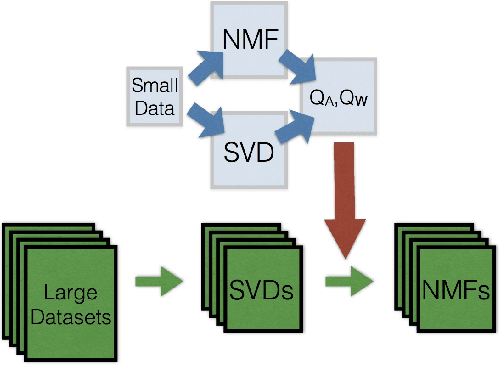

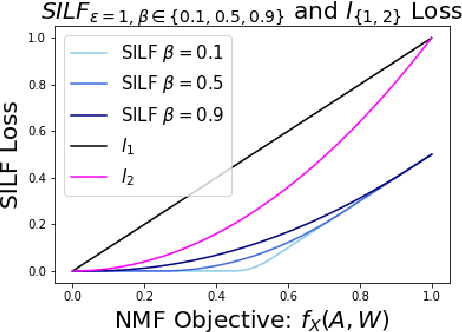
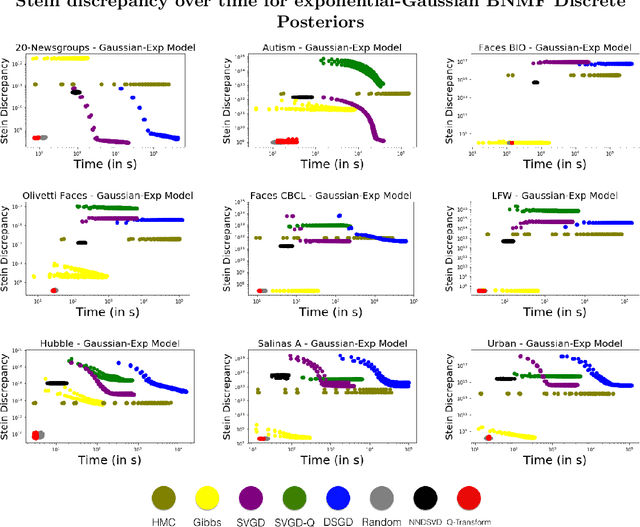
Abstract:Bayesian Non-negative Matrix Factorization (NMF) is a promising approach for understanding uncertainty and structure in matrix data. However, a large volume of applied work optimizes traditional non-Bayesian NMF objectives that fail to provide a principled understanding of the non-identifiability inherent in NMF-- an issue ideally addressed by a Bayesian approach. Despite their suitability, current Bayesian NMF approaches have failed to gain popularity in an applied setting; they sacrifice flexibility in modeling for tractable computation, tend to get stuck in local modes, and require many thousands of samples for meaningful uncertainty estimates. We address these issues through a particle-based variational approach to Bayesian NMF that only requires the joint likelihood to be differentiable for tractability, uses a novel initialization technique to identify multiple modes in the posterior, and allows domain experts to inspect a `small' set of factorizations that faithfully represent the posterior. We introduce and employ a class of likelihood and prior distributions for NMF that formulate a Bayesian model using popular non-Bayesian NMF objectives. On several real datasets, we obtain better particle approximations to the Bayesian NMF posterior in less time than baselines and demonstrate the significant role that multimodality plays in NMF-related tasks.
Rapid Posterior Exploration in Bayesian Non-negative Matrix Factorization
Oct 27, 2016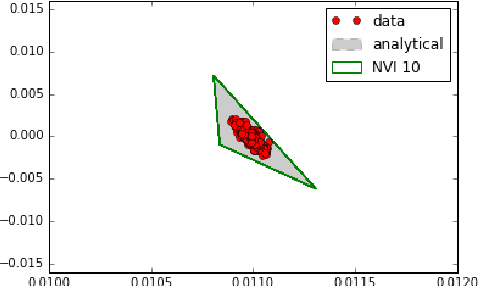

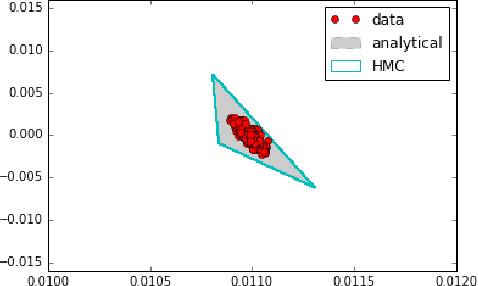
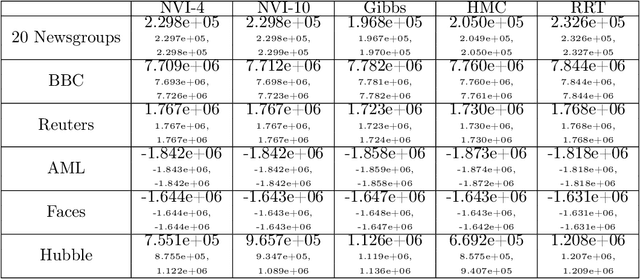
Abstract:Non-negative Matrix Factorization (NMF) is a popular tool for data exploration. Bayesian NMF promises to also characterize uncertainty in the factorization. Unfortunately, current inference approaches such as MCMC mix slowly and tend to get stuck on single modes. We introduce a novel approach using rapidly-exploring random trees (RRTs) to asymptotically cover regions of high posterior density. These are placed in a principled Bayesian framework via an online extension to nonparametric variational inference. On experiments on real and synthetic data, we obtain greater coverage of the posterior and higher ELBO values than standard NMF inference approaches.
 Add to Chrome
Add to Chrome Add to Firefox
Add to Firefox Add to Edge
Add to Edge